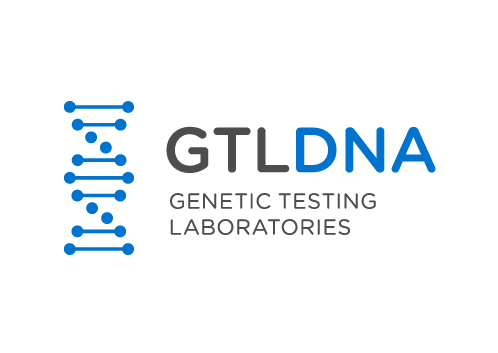Surrogacy and Citizenship in the UK
The word surrogacy is used in any situation where a woman carries and bears a child for someone else. In surrogacy, the surrogate mother does not necessarily have to be genetically related to the child. There are different scenarios related to surrogacy that our Surrogacy DNA test can aid with.
In traditional surrogacy, the surrogate mother uses her own eggs and the intended father’s sperm is implanted via artificial insemination or in vitro fertilization (IVF). In this case, the surrogate mother is genetically related to the child. Gestational surrogacy, on the other hand, implants the embryo, fertilized externally using the sperm and embryo of the intended parents/donors into the surrogate mother via IVF and therefore the surrogate mother is genetically unrelated to the child.
Our surrogacy DNA test is also used in cases of artificial insemination between couples, to ensure that the child’s DNA inheritance matches with the intended parent’s DNA. This type of surrogacy test is done for peace of mind, helping parents be sure that there was no mix up in embryos.
Interstate Surrogacy
It has become increasingly popular for a couple to seek surrogacy abroad, particularly India, where surrogacy treatment is cheaper. Following the baby’s birth, when the parents need to travel back home with the child, they need to provide documents that show the authorities that the child was born of British parent/s. Surrogacy DNA testing may be indispensable in such cases. Proof is required so the child will have a legitimate claim to British citizenship by descent. All such applications will need to go through the UK Border Agency. If the commissioning parents are not British, they will need to seek advice regarding their immigration or visa entitlement. This will very much depend on their country of origins – whether they are European Union Nationals or not. Moreover, if the commissioning parents have no biological relationship to the child, there will be no possibility of UK legislation allowing for the commissioning couple to obtain a Parental Order.
Obtaining a parental order is important as it ensures legal parental rights for the parents, seeing as following birth the surrogate mother is regarded as legal mother. A parental order assigns parenthood to the intended parents and removes all rights or claims of parentage from the surrogate. This is an important step as under UK law the surrogate mother is considered the legal mother of the child.
Types of DNA Tests
Our surrogacy DNA test is AABB and ISO 17025 accredited, to ensure accuracy and highest quality testing through state of the art technology and laboratories.
You will need to choose whether a paternity surrogacy test or a maternity surrogacy test will be needed. The couple can choose to do both. In case of a maternity test, if the tested mother is the biological mother of the child, probability of maternity will be that of 99.99%, while if the couple opts for a paternity test, and the tested father is the biological father, probability of paternity will be that of 99.99%.
To read more about paternity testing click here.
To read more about maternity testing click here.
We suggest you view some of the below sources for more information:
Order Now
